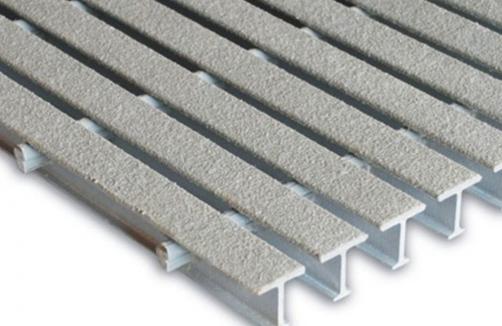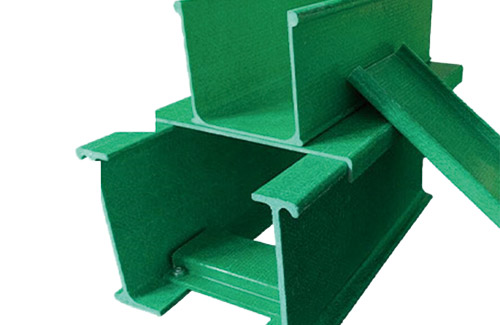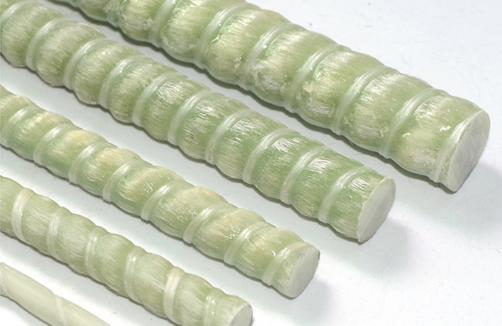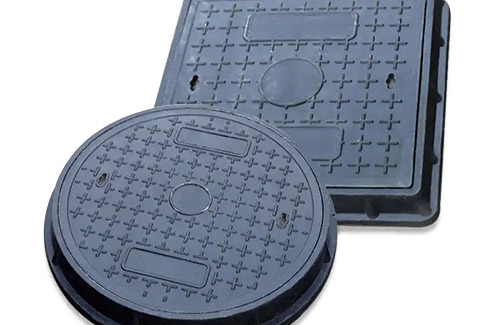
With the continuous progress of human technology, numerous high-difficulty and high-risk industries have gradually been opened up, such as ocean exploration and offshore oil exploration. In daily life, the existence of industries such as sewage treatment and chemical processing is also indispensable. Facing these high-intensity and high-corrosion working environments, a new type of material—fiberglass grating—has emerged at the right moment, playing a crucial role in these industries with its unique advantages.
The emergence of fiberglass grating can be said to be a great fruit of the industrial revolution. It is lightweight and high-strength, without the need for a steel frame as a skeleton. It can support various application scenarios solely based on its excellent performance. Its characteristics of compression resistance, bending resistance, no deformation, and no bending enable it to save steel while achieving the desired usage purpose. Compared with traditional plastic steel gratings, fiberglass gratings have overcome their shortcomings of low strength and easy deformation, providing a more reliable choice for modern industries.
Apart from its strength advantages, fiberglass grating also excels in thermal insulation. Data shows that its thermal conductivity coefficient is only 1/150 of steel and 1/650 of aluminum, meaning that it can more effectively block heat transfer under the same conditions. Moreover, its hollow structure provides the possibility for an air insulation layer, further enhancing its thermal insulation effect. Such performance has made fiberglass grating widely used in industries such as chemicals, food, and textiles.
In addition, the dimensional stability and excellent sound insulation performance of fiberglass grating have also earned it a good reputation in various application scenarios. Its thermal deformation temperature is as high as 200°C, allowing it to maintain a close fit with buildings and glass even under conditions of large temperature fluctuations, thereby greatly improving its sealing performance. The high damping characteristics of fiberglass also enable it to effectively block sound, providing a quieter and more comfortable environment for industrial production.
Looking back at the various advantages of fiberglass grating, we can easily see that its emergence is precisely to meet the needs of modern industries for high strength and high corrosion resistance. With the continuous advancement of technology, we have reason to believe that fiberglass grating will continue to undergo more improvements and optimizations in the future to meet more and wider production needs. Its market prospects are undoubtedly huge, whether in high-risk industries such as ocean exploration and offshore oil extraction or in daily chemical industries such as sewage treatment and chemical processing. Fiberglass grating will continue to play an irreplaceable role.







